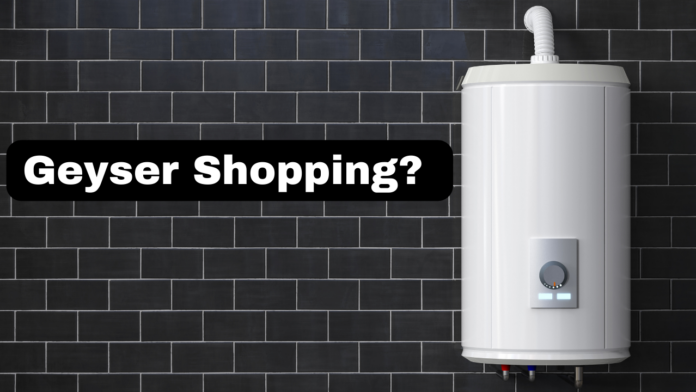As temperatures drop and winter approaches, investing in a geyser becomes increasingly relevant for individuals seeking a reliable source of hot water. However, the process of choosing the right Geyser involves more than a simple purchase; it demands a thoughtful consideration of various factors to ensure a well-informed decision. Today, we explore the essential aspects that prospective buyers should keep in mind when contemplating the purchase of a geyser.
Components of a geyser:
Let’s start by understanding the three main elements of a Geyser that contribute to its efficient functioning – the Heating Element, Water Tank, and Thermostat.
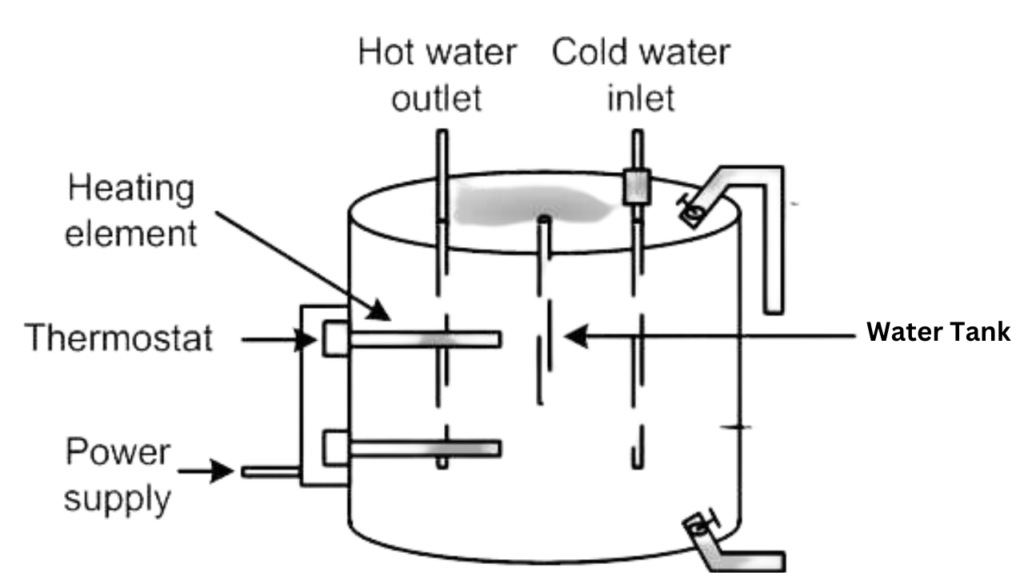
Heating Element:
The Geyser’s core, the heating element, resides within the inner tank. Its quality is pivotal for optimal performance, with a glass lining to combat scaling and extend lifespan.
Water Tank:
The tank, holding heated water, must be corrosion-resistant and robust. Traditional stainless steel tanks are giving way to advanced Vitreous Enamel glass-coated models, offering durability and scaling resistance.
Thermostat:
Functioning as the Geyser’s operating system, the thermostat uses a bimetallic strip to regulate heating cycles. It prevents overheating, contributing to power efficiency.
Now, let’s discuss the factors to consider when buying a geyser.
Understanding Your Hot Water Needs
To begin your journey towards finding the perfect Geyser for your home, it’s vital first to understand your hot water requirements. This involves considering your household size, how often you use hot water, and your desired temperature. Considering these factors, you can determine the capacity and type of Geyser that will best meet your needs.
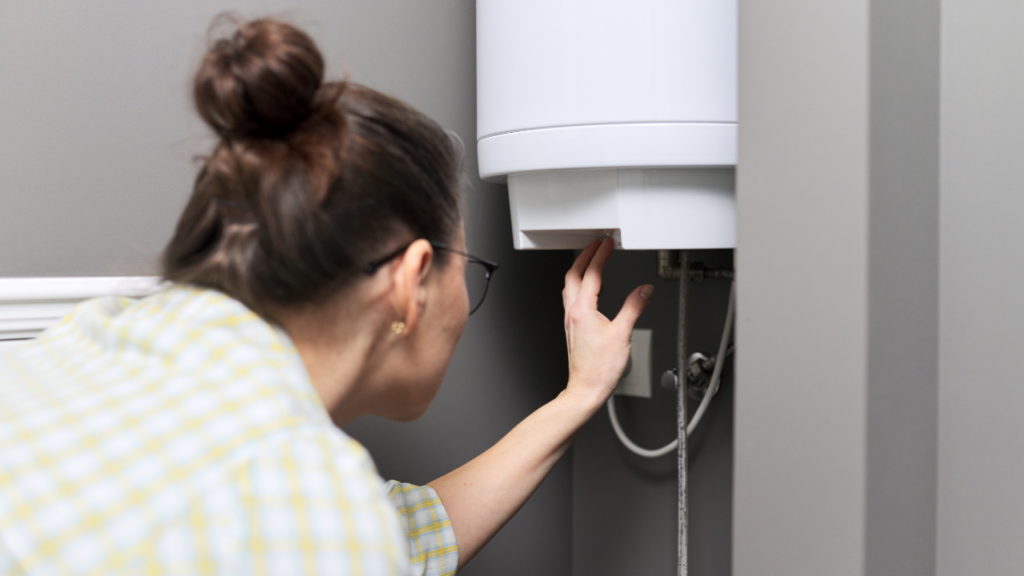
An instant geyser might be more suitable for smaller households with infrequent hot water needs, whereas larger families may benefit from the consistent supply provided by a storage geyser.
Choosing the right-sized Geyser is also important. It helps in reducing the amount of electricity needed to heat water. Geysers with 10 to 15 litres storage capacity are suitable for a family of around 4 members. This may vary depending on the family’s daily water requirement and usage pattern.
To help you get a fair idea of determining the appropriate geyser size for your specific needs, consider the following recommendations based on family size, the purpose of hot water usage, and the type of Geyser:
For 2-3 members engaging in bathing using a bucket:
- Instant Geyser: Opt for a capacity of 6 litres.
- Storage Geyser: Consider a capacity ranging from 10 litres to 15 litres.
For 2-3 members utilizing hot water for bathing with a shower:
- Storage Geyser: A capacity of 25 litres is recommended.
For 2-3 members requiring hot water for washing kitchen utensils or handwashing:
- Instant Geyser: Choose a capacity between 1 litre to 3 litres.
For larger families (4-8 members) with varied hot water needs:
- Instant Geyser: Suitable for bathing using a bucket, with a recommended capacity of 6 litres.
- Storage Geyser: For bathing with a bucket or a shower, consider a capacity of 25 litres.
- Instant Geyser: For washing kitchen utensils or handwashing, opt for a capacity ranging from 1 litre to 3 litres.
Exploring the Types of Geysers
Understanding the different types of geysers available in the market is fundamental to making an informed decision. Let’s delve into the primary categories:
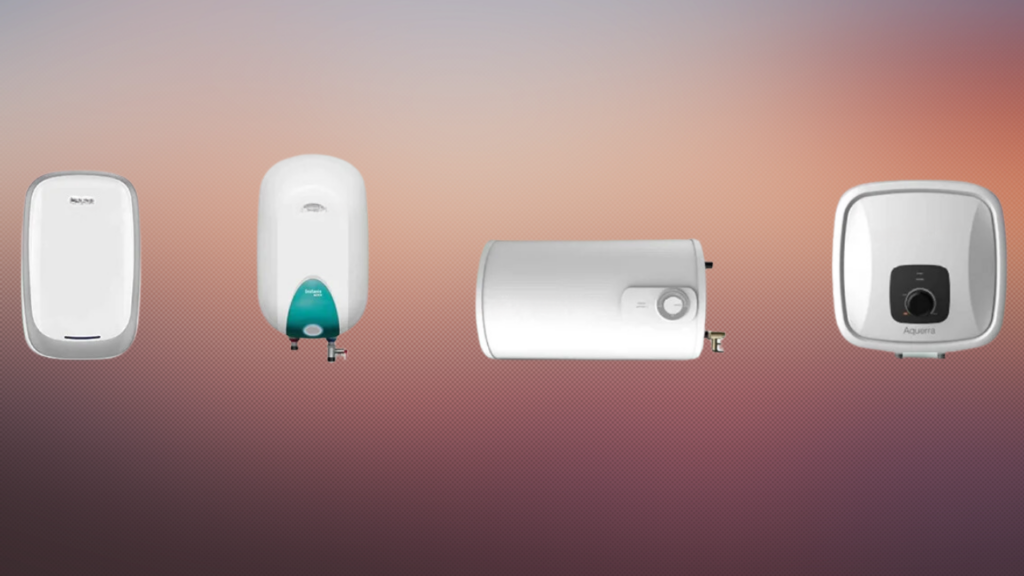
Storage Geysers
Storage geysers, or tank geysers, store and heat a specific quantity of water in an insulated tank. This type is suitable for larger households with consistent hot water needs but may result in standby heat loss when not used.
Instant Geysers
Instant geysers heat water on demand, eliminating the need for a storage tank. They are energy-efficient and ideal for smaller households with occasional hot water requirements.
Gas Geysers
Gas geysers heat water using gas as a fuel source, making them an excellent option for areas with irregular electricity supply. However, they require proper ventilation due to the combustion process.
Solar Geysers
Solar geysers harness energy from the sun to heat water, providing a sustainable and eco-friendly solution. While they have a higher upfront cost, they offer substantial long-term savings and environmental benefits.
Energy Efficiency: Balancing Costs and Resources

As energy conservation gains prominence, selecting an energy-efficient geyser is economically wise and environmentally responsible. Energy labels and efficiency ratings provide valuable insights into different models’ operational costs and environmental impact. Choosing a geyser with a high energy efficiency rating ensures not only lower utility bills but also a reduced carbon footprint. Besides this, always check for the ISI mark. This indicates that the Geyser has undergone a quality and safety check.
Geyser water heater for high-rise buildings
If you live in a high-rise building, choosing a geyser with a strong tank that can handle the water pressure is essential. A high-rise building geyser should have a rated pressure of at least 6 bars and a geyser pressure control valve. The control valve releases over-pressured water in case there is too much pressure on the geyser tank to avoid breakage. Choosing a geyser with a glass-lined coated inner tank is recommended as it is more suitable and resistant to high pressure.
Installation and Space Considerations
The next critical factor to ponder is your home’s installation requirements and spatial constraints. Various types of geysers, such as instant, storage, gas or solar, have different spatial demands. Evaluating the available space and understanding the installation prerequisites will facilitate seamless integration into your home infrastructure. Additionally, consider the installation location; outdoor and indoor geysers have distinct installation requirements.
Budget-Friendly Options: Cost-Effective and Reliable
While budget considerations are inevitable, it’s crucial to strike a balance between cost and quality. Assess your budgetary constraints and explore geyser options that offer reliability and efficiency without compromising on your financial limits. Price comparisons, warranty evaluations, and user reviews become invaluable tools in navigating the market for budget-friendly yet dependable geysers.
It is important to remember that when considering purchasing an unbranded geyser solely based on price, it may appear to be a profitable option, but it will not meet the required safety standards. Investing in a geyser that discloses the material used in its inner tank is crucial as it is the foundation of a quality geyser.
Maintenance and Longevity
A geyser’s longevity and maintenance requirements are often overlooked but crucial aspects to consider. Opt for models with minimal maintenance demands and a reputation for durability. This ensures that your investment provides immediate comfort and does so over an extended period without incurring frequent servicing costs.
Considering Water Quality and Hardness
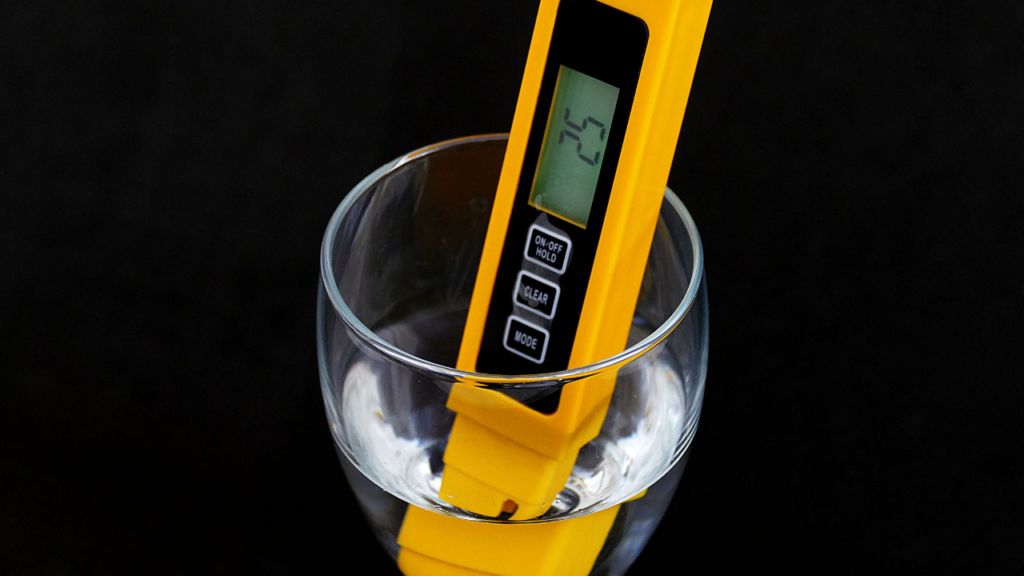
The water quality in your region can significantly impact the performance and lifespan of your Geyser. Areas with hard water may result in mineral buildup within the appliance, affecting its efficiency. Considering water-softening solutions or opting for geysers equipped with anti-scale features becomes important in such cases.
How to make your Geyser smart?
Do you struggle with waiting for your water to heat up in the morning? Thanks to IoT, you can now control your geyser from your smartphone. Simply plug your geyser into a WiFi Smart Plug and set a daily schedule to automatically turn it on and off. This means you’ll have hot water ready as soon as you wake up and never have to worry about forgetting to turn off your geyser after your shower.
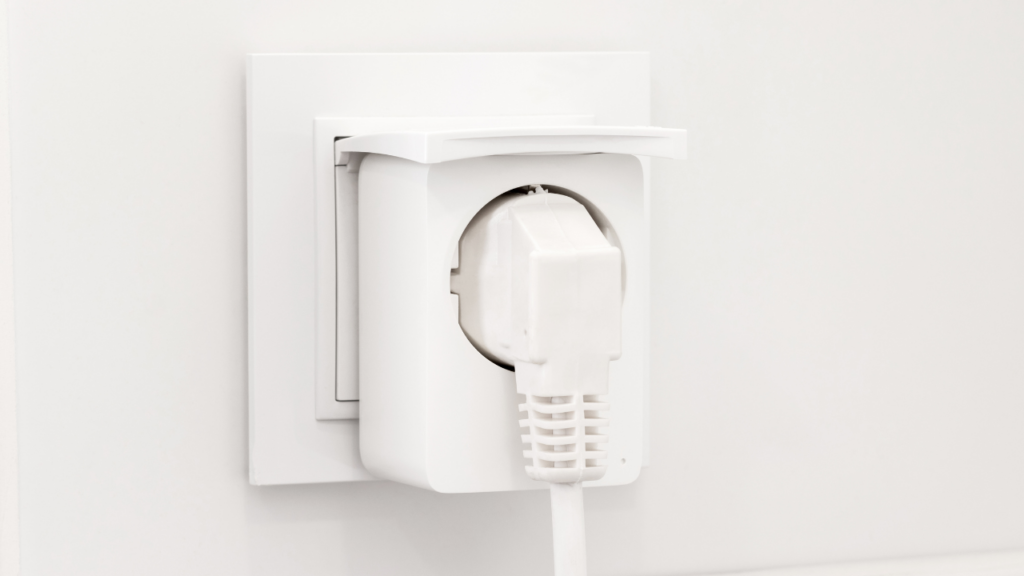
If you want to avoid taking this option, a few brands are selling smart geysers, which can be explored and will cost a bit more.
Best geyser water heater brands
If you want to choose the best geyser for your needs, looking for reputable manufacturers who offer high-quality products and excellent customer service is a good idea. Some of the most popular brands to consider include Bajaj, Havells, Racold, V-Guard, AO Smith, Kenstar, and Crompton, which offer geysers in various capacities ranging from 10 litres to 25 litres. You should also check whether the manufacturer provides installation services since it’s usually better than relying on a local plumber, even if it’s a paid service. Additionally, you can buy these geysers online for greater convenience.
Exploring Additional Features
Beyond the basic functionalities, modern geysers often come with additional features that enhance user experience and energy efficiency. Timer settings, adjustable thermostat controls, and safety features such as pressure and temperature relief valves are worth considering. These features not only offer convenience but also contribute to the overall efficiency and safety of the Geyser.
The journey of purchasing a geyser involves considering various factors to ensure a harmonious blend of functionality, efficiency, and budgetary considerations. By understanding your hot water needs, prioritizing energy efficiency, evaluating installation requirements, and exploring the diverse types of geysers available, you can make a well-informed decision that aligns with your immediate and long-term needs.


